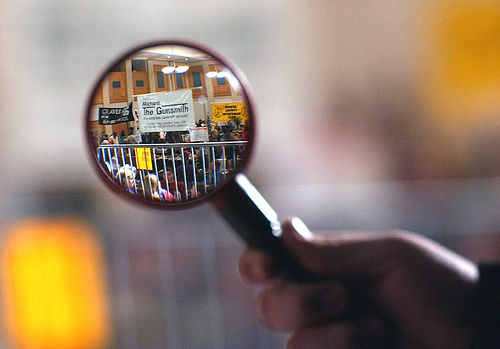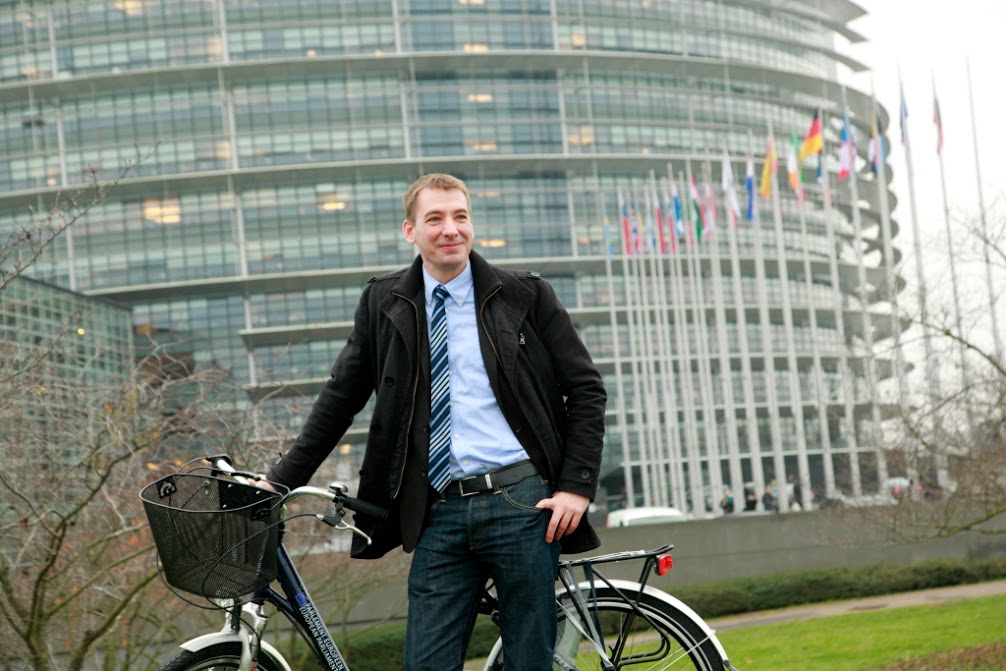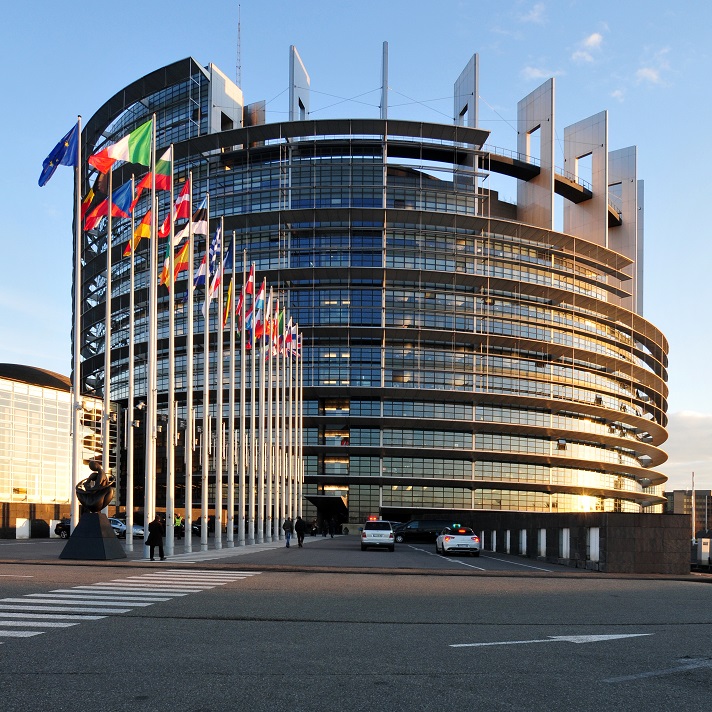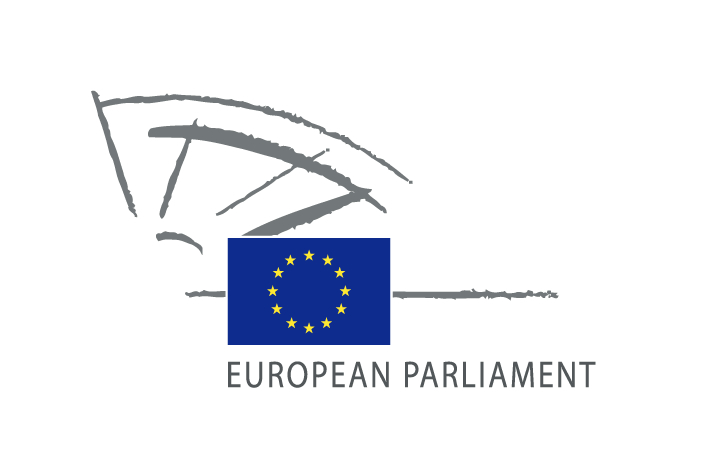Strasbourg, 14 December 2016
Today, representatives from the UN Office on Drugs and Crime, the Group of States against Corruption (GRECO) of the Council of Europe and the transparency intergroup of the European Parliament (ITCO) appeal on the European Commission to finally start reporting about its anti-corruption policies.
Co-chair of the ITCO-intergroup, Dennis de Jong: ́ We were told by the European Commission that early this year, the European Parliament would receive its second anti-corruption report. In the meantime, all we received was a disappointing letter from Vice-President Timmermans that the report would be submitted in due course and that it would not contain a section on the internal anti-corruption policies of the European institutions themselves. I therefore welcome the idea of asking GRECO to submit its evaluation on anti-corruption policies of the EU and its Member States, so that the Commission can finally make some pro gress in this regard ́.
The appeal also addresses the concerns of UNODC and GRECO. De Jong: ́I t is embarrassing that until now the Commission has refrained from participating in the Implementation Review Mechanism under the UN Convention against Corruption, to which the EU is a party. I praise the patience of UNODC and its offer the assist the Commission in this respect. I urge the Commission to step up its efforts and to set the right example to the international community, instead of lagging behind as it did until now. Similarly, the EP should receive as soon as possible a full legal analysis of the obstacles the Commission is facing in becoming a party to the GRECO-mechanism of the Council of Europe. Also in this regard, sw ift progress has to be made ́.
Appeal on European Commission: Open Up!
- We are concerned about the lack of progress made by the European Commission in respect of its reporting activities on anti-corruption policies and measures, not only of Member States, but also of the EU-institutions themselves.
- We are disappointed that the second anti-corruption report of the European Commission, originally due for early this year, has not come out yet and we call upon the Commission to provide the European Parliament with a comprehensive report, including measures taken by the EU-institutions themselves, without further delay.
- We invite the Commission to examine ways to speed up the preparations for EU-membership of GRECO, the Council of Europe ́s mechanism to monitor compliance of its members (including all EU Member States) with the organisation’s anti-corruption standards. Similarly, we call upon the Commission to speed up the preparations for its participation in the Implementation Review Mechanism of the UN Convention against Corruption (UNCAC). We understand that there may be legal obstacles to overcome, but we demand transparency in this respect and invite the Commission to publish a legal analysis of the problems and possible solutions.
- In the meantime, we invite the Commission to explore, together with GRECO, possibilities for developing a pilot project, in which the EU participates, on a purely voluntary basis, in GRECO ́s review process in order to become acquainted with the procedures.
- We note that the Commission stated as one of the reasons for not being able to report on anti-corruption policies and measures that it cannot really critically evaluate its own measures. We therefore invite GRECO to offer support in this respect by providing the Commission with a targeted evaluation.
- We recall that in its Resolution of 25 October 2016, the European Parliament called upon the Commission to meet its reporting obligations under the UN Convention against Corruption to which the EU has become a party, and also to do its utmost to contribute financially to the technical assistance programme of the UN in the context of the Convention.
- We welcome the offer made by UNODC to assist the Commission with fulfilling its reporting obligations and with participating in the Implementation Review Mechanism of the UNCAC, so that the Commission could make itself acquainted with the monitoring procedures.
- The Members of the European Parliament, participating in the Intergroup Integrity, Transparency, Corruption and Organised Crime stand ready to engage in a meaningful dialogue with the European Commission on all of these issues, together with representatives from the Council of Europe and the UNODC.
Joint appeal of the ITCO intergroup and the UNOCD.







